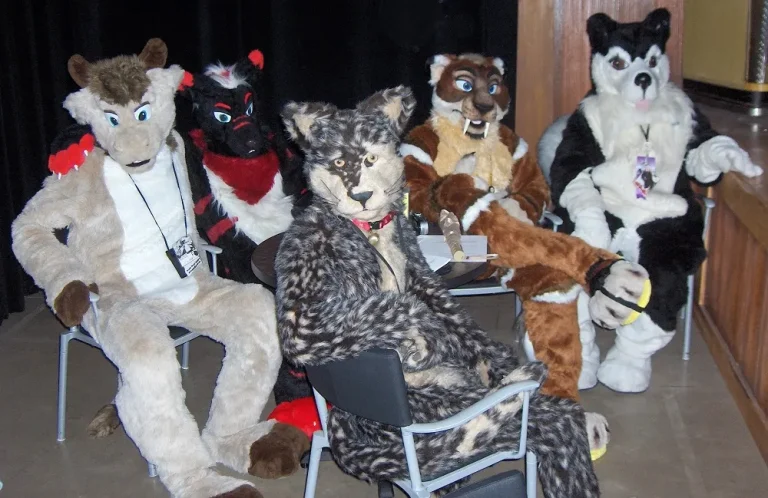Yiff Party subsequently ended up being a critical point of debate for a long time, not because of its substance but because of complex legal issues involving intellectual property rights and fair use. As the world of online communities evolves, counting more subcultures, furry fandoms, and those centered around adult material online, critical questions have begun to be raised about how copyright law applies to imaginative works in developed spaces. One of the ongoing dialogues in this community includes understanding how substance manufacturers protect their work while adjusting fair use rules. This article dives deep into Yiff Party’s crossing point, copyright law, and the continuing debate about fair use by analyzing both sides of the issue.

